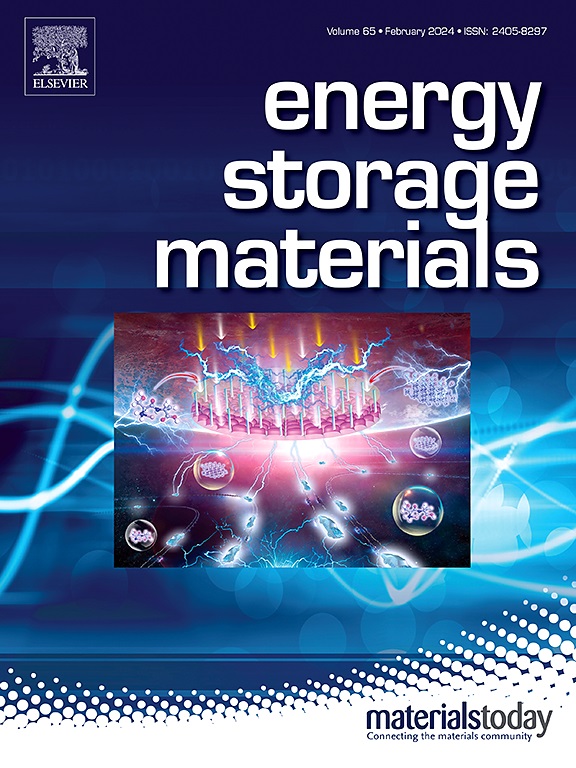Advancing the Circular Economy by Driving Sustainable Urban Mining of End-of-Life Batteries and Technological Advancements
IF 18.9
1区 材料科学
Q1 CHEMISTRY, PHYSICAL
引用次数: 0
Abstract
This paper provides sustainable solutions for the urban mining of end-of-life (EOL) batteries and highlights their significant role in advancing the circular economy. Influenced by geopolitics and investment strategies, establishing a sustainable supply chain can create cost-saving opportunities while meeting the rising demand for battery materials. Urban mining, by recycling valuable metals from EOL batteries, can considerably reduce reliance on new raw materials by providing sustainable resources, thereby facilitating a cleaner energy transition. The research also emphasizes the importance of traceability and emerging innovations, such as the battery passport, which enhance transparency in the supply chain. Additionally, it explores the recycling industry's potential through techno-economic assessments to improve lithium-ion battery (LIB) recycling. Despite the challenges faced by different segments of the battery value chain, commercialization and technological advancements present promising opportunities for future development. The emergence of new battery systems or chemistries, such as sodium-ion, solid-state, and lithium-iron-phosphate batteries, must be considered in the further adaptation of existing plants. In conclusion, this paper discusses how the circular economy and urban mining can drive a sustainable, profitable, and resilient future for the LIB industry, ensuring an efficient and environmentally sound approach to the battery revolution.

求助全文
约1分钟内获得全文
求助全文
来源期刊

Energy Storage Materials
Materials Science-General Materials Science
CiteScore
33.00
自引率
5.90%
发文量
652
审稿时长
27 days
期刊介绍:
Energy Storage Materials is a global interdisciplinary journal dedicated to sharing scientific and technological advancements in materials and devices for advanced energy storage and related energy conversion, such as in metal-O2 batteries. The journal features comprehensive research articles, including full papers and short communications, as well as authoritative feature articles and reviews by leading experts in the field.
Energy Storage Materials covers a wide range of topics, including the synthesis, fabrication, structure, properties, performance, and technological applications of energy storage materials. Additionally, the journal explores strategies, policies, and developments in the field of energy storage materials and devices for sustainable energy.
Published papers are selected based on their scientific and technological significance, their ability to provide valuable new knowledge, and their relevance to the international research community.
 求助内容:
求助内容: 应助结果提醒方式:
应助结果提醒方式:


